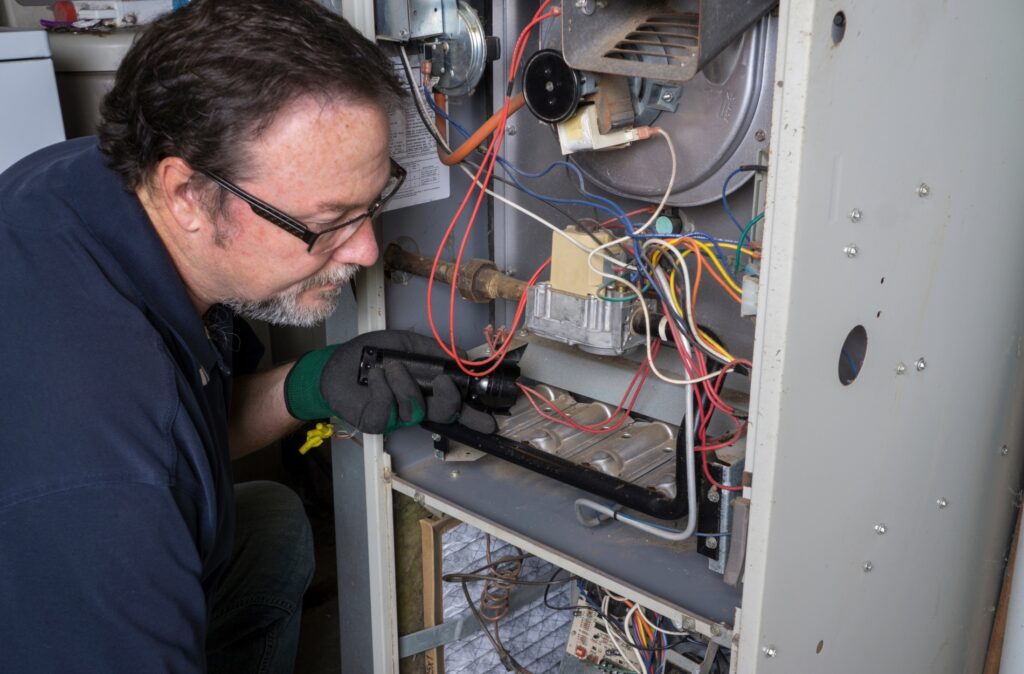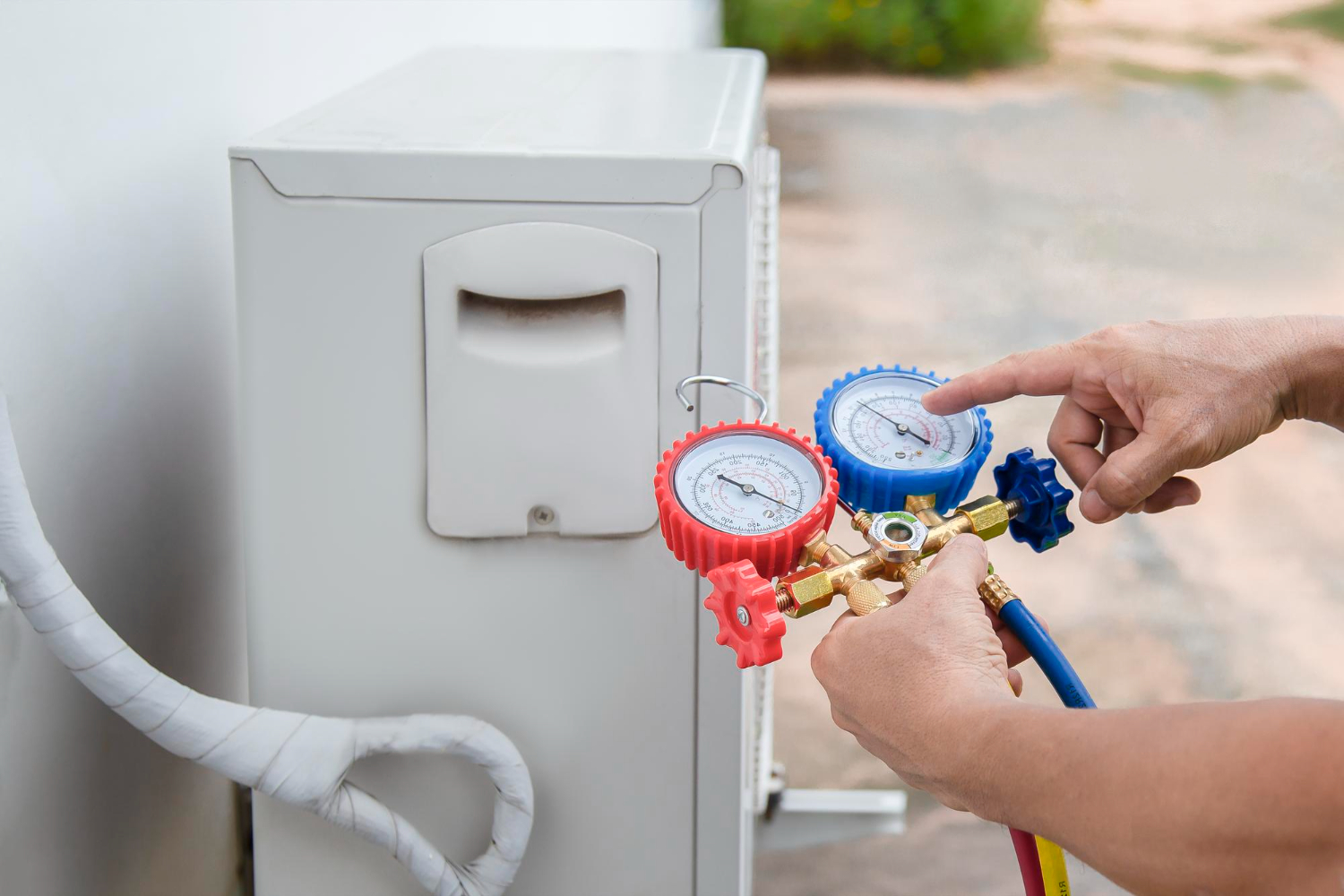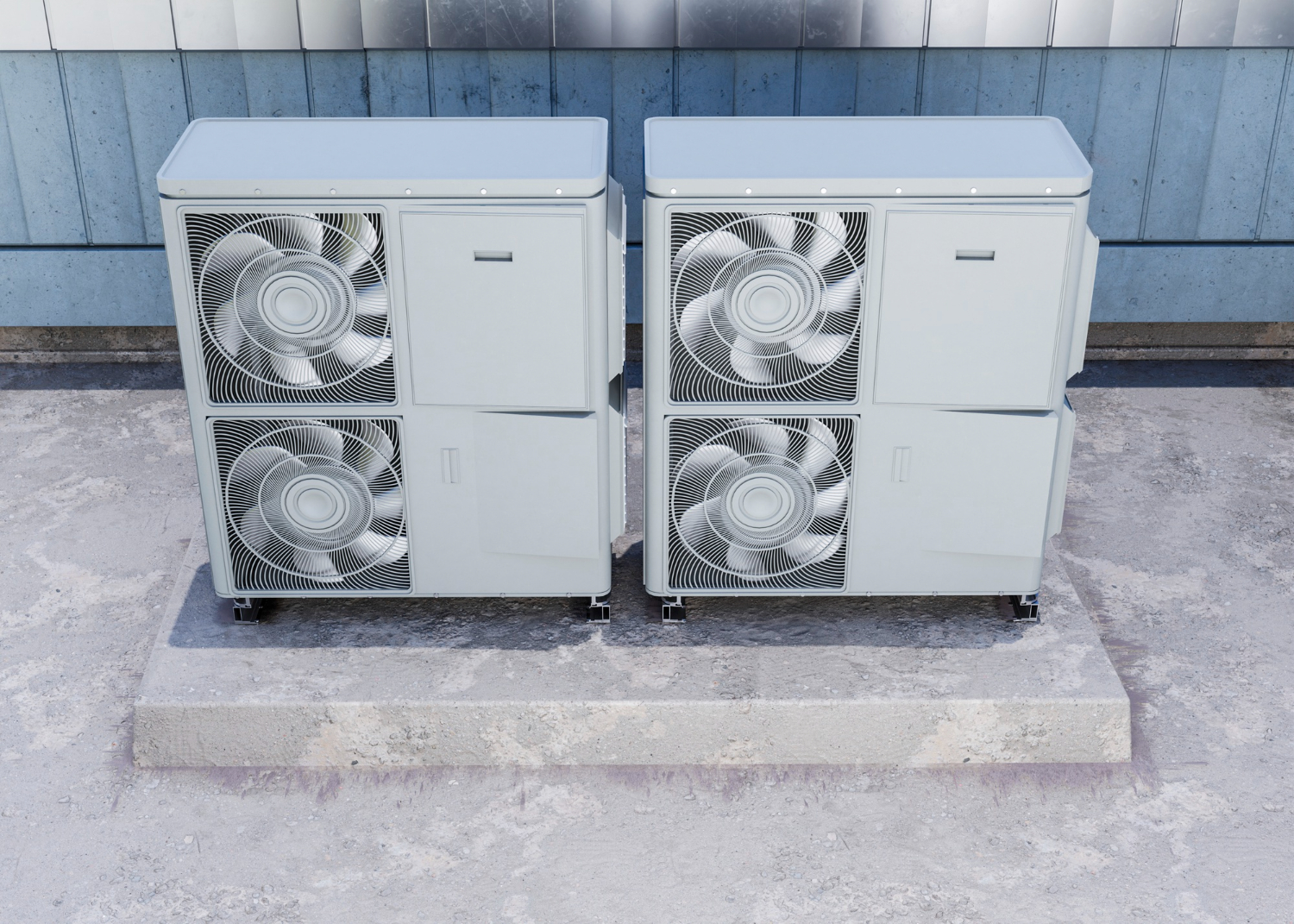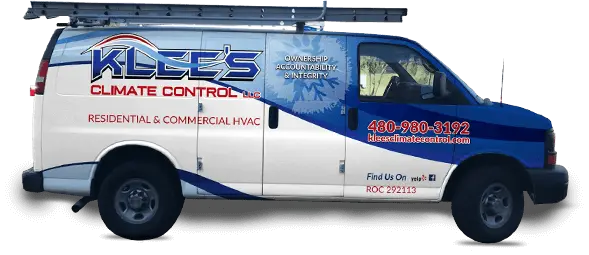Choosing the right furnace for your business is crucial for maintaining a comfortable and productive environment. The right heating system ensures that your employees and clients are comfortable, especially during colder months. Proper heating can also protect your equipment and inventory from damage caused by freezing temperatures.
Assessing Your Business's Heating Needs
Assessing your business’s heating needs is the first and most crucial step in selecting the right furnace. Start by evaluating the size of your property. Larger buildings will generally require more powerful heating systems to ensure even heat distribution. Consider the layout, including the number of floors and the floor plan, to determine the appropriate heating capacity.
Next, examine the quality of insulation in your building. Good insulation helps retain heat, meaning you may not need as powerful a furnace. Poor insulation, on the other hand, can lead to heat loss and a need for a more robust heating system. Windows, doors, and walls should all be checked to understand how they impact your building’s heat retention.
Additionally, assess different areas within your building that have specific heating requirements. For example, storage areas with sensitive items might need more consistent temperatures compared to office spaces. Users and occupants of the space should also be considered to ensure their comfort is maintained at all times. By understanding these specific needs, you can choose a furnace that is both efficient and effective for your business.
Types of Furnaces Available for Commercial Use
Selecting the right type of furnace is vital for meeting the heating needs of your business. Below are some common furnace types available for commercial use:
1. Gas Furnaces: These are highly efficient and cost-effective in operation. Gas furnaces are popular for their ability to provide quick and reliable heat. They are suitable for businesses looking for a balance of performance and operating cost.
2. Electric Furnaces: Electric furnaces are known for their ease of installation and maintenance. They require less upfront cost compared to gas furnaces. However, they may lead to higher utility bills. They are best suited for businesses in areas where electricity costs are lower.
3. Oil Furnaces: Although less common, oil furnaces are an option for businesses located in areas without access to natural gas. They can provide efficient heating but may require more regular maintenance to keep them running efficiently.
4. Dual-Fuel Furnaces: These systems combine a gas furnace with a heat pump, allowing businesses to switch between electricity and gas depending on which is more cost-effective at the time. Dual-fuel systems offer flexibility and can be highly efficient under varying conditions.
Factors to Consider When Selecting a Furnace
When selecting a furnace for your business, several factors must be considered to ensure you make the best choice. One important factor is the energy efficiency of the furnace. High-efficiency furnaces can significantly reduce operational costs by consuming less energy to generate heat. Look for furnaces with an energy-efficient rating to save on your utility bills in the long run.
Another critical factor is the capacity of the furnace. The furnace should be powerful enough to heat your entire building uniformly. An undersized furnace will struggle to maintain the desired temperature, leading to frequent heating repairs. On the other hand, an oversized furnace may cycle on and off too frequently, causing wear and tear. Our professionals can help you calculate the appropriate capacity needed based on your property’s size and insulation quality.
Maintenance requirements and reliability are also key considerations. Select a furnace that is known for its durability and low maintenance needs. A reliable furnace will minimize the risk of unexpected breakdowns and reduce the frequency of heater repairs. Check if the furnace comes with a comprehensive warranty, which can provide added peace of mind.
Additionally, consider the type of fuel the furnace uses. Whether it is gas, electric, or oil, the availability and cost of the fuel type in your area should influence your decision. A dual-fuel system might be an option worth considering for flexibility and cost-efficiency.
Finally, consider your budget. While it may be tempting to go for the cheapest option, investing in a high-quality furnace can save you money in the long run through reduced repairs and lower energy costs.
The Installation Process and Post-Installation Care
The installation process of a furnace is crucial to its long-term efficiency and performance. Proper heating installation requires the expertise of experienced professionals. Our technicians will start by assessing your property to determine the best location for the furnace, ensuring optimal airflow and compliance with safety regulations.
During the installation, our professionals will carefully connect the furnace to your existing ductwork and electrical or gas lines. They will ensure all connections are secure and functioning correctly. Proper installation helps minimize the risk of future issues and maximizes the system’s efficiency.
After the installation, post-installation care is essential to maintain the furnace’s performance. Regular heating service is a key component of post-installation care. Schedule routine check-ups with our technicians to ensure all parts are in good condition and the system is running efficiently. This helps in identifying potential issues before they become major problems, reducing the likelihood of needing frequent heating repairs.
Our professionals will also provide you with a maintenance plan that includes tasks like filter replacement, cleaning the furnace, and inspecting the ductwork. Adhering to this maintenance plan ensures your system remains in optimal condition, extending its lifespan and maintaining efficient performance.
If you notice any issues with your furnace, such as unusual noises or inconsistent heating, contact us immediately for heater repair. Addressing problems early can prevent more extensive and costly damages. Keeping up with regular maintenance and prompt repairs will help you avoid the need for a premature furnace replacement, saving you money and ensuring the comfort of your business environment.
Conclusion
Selecting the right furnace for your business involves careful assessment of your heating needs, understanding the types of furnaces available, and considering key factors such as energy efficiency, capacity, and maintenance needs. A proper heating installation process, followed by diligent post-installation care, ensures your system operates efficiently and reliably.
Schedule your furnace replacement in Tempe with Klee’s Climate Control LLC today and ensure your business remains a comfortable and productive environment!


















